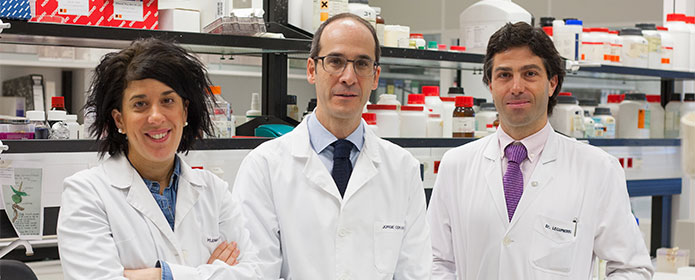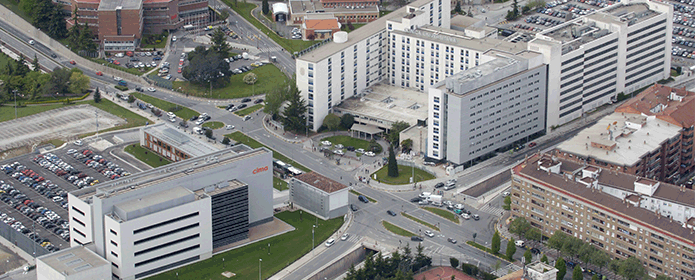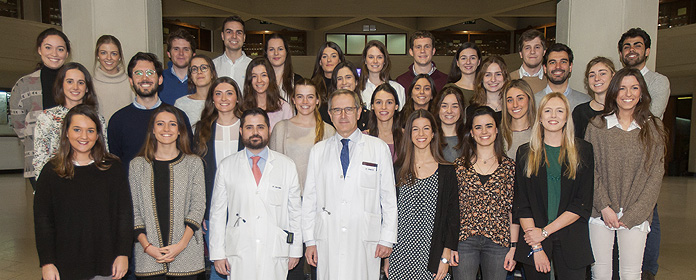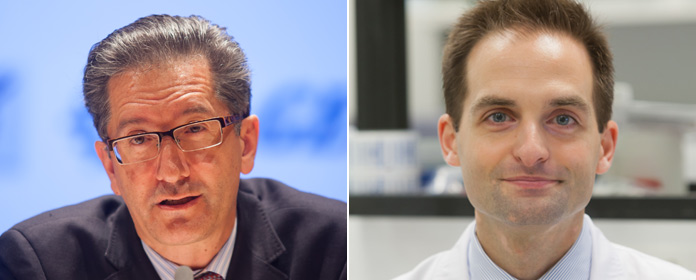Cell ageing raises the odds of having a stroke by a factor of five, according to research work led by CIMA
Patients with atrial fibrillation can be aware of their chances of suffering this cerebrovascular pathology by means of a blood test

A study led by the Centre for Applied Medical Research (CIMA) of the University of Navarra, in collaboration with the Hospital Universitario de Salamanca and the Clínica Universidad de Navarra has shown that cell ageing raises the odds of having a stroke or cerebral infarction by a factor of five. Consequently, this risk depends more on the biological age than the chronological one. By means of a blood test patients with atrial fibrillation can be aware of the probability of their suffering this cerebrovascular pathology. The results of the research have been published in the latest issue of Stroke, a scientific journal of the American Heart Association.
Every year, 130,000 Spaniards have a stroke; of these, 80,000 die or are left disabled, according to the Sociedad Española de Neurología (Spanish Neurology Society). "This is a major healthcare problem, given its prevalence and the expense of treating this disease. Therefore, it is essential to find markers to assist in identifying those at risk in order to prescribe preventative treatment for this cerebrovascular pathology", said Dr. José Hermida, a researcher on the Cardiovascular Sciences Program at CIMA who is the director of the study.
35% of cardioembolic strokes are caused by atrial fibrillation, the most frequent type of arrhythmia. In particular, Dr. Hermida points out, "the study of 187 patients with this cardiac pathology has shown that those patients whose leukocytes (blood cells) have shortened telomeres (the ends of the chromosomes which are considered as biomarkers in the ageing process), run a five times higher risk of having a stroke, regardless of their chronological age". "These results will help us to correctly select candidates to be treated with anticoagulants, which will reduce the risk of suffering a stroke in the future", concluded the CIMA researcher.





